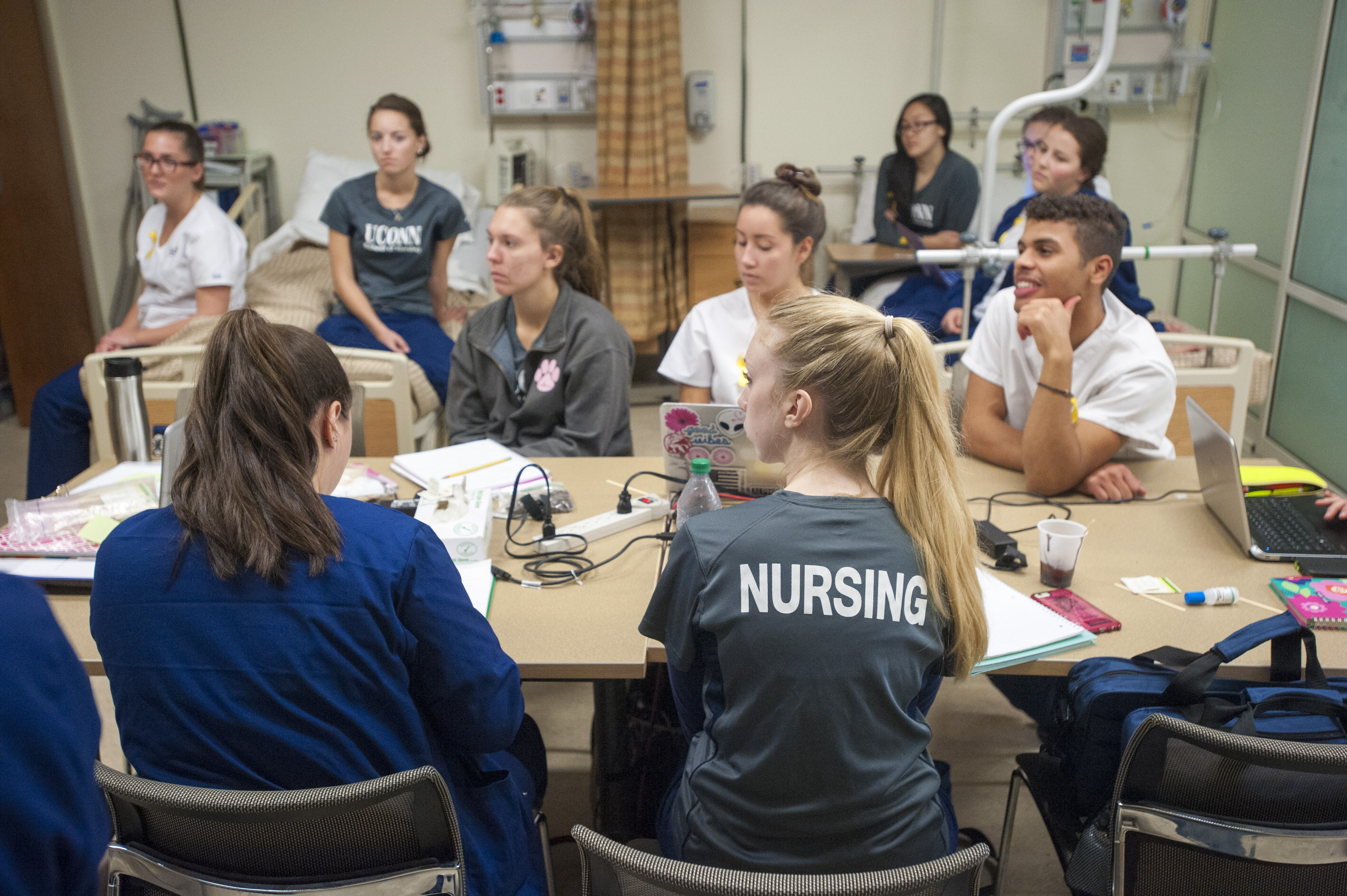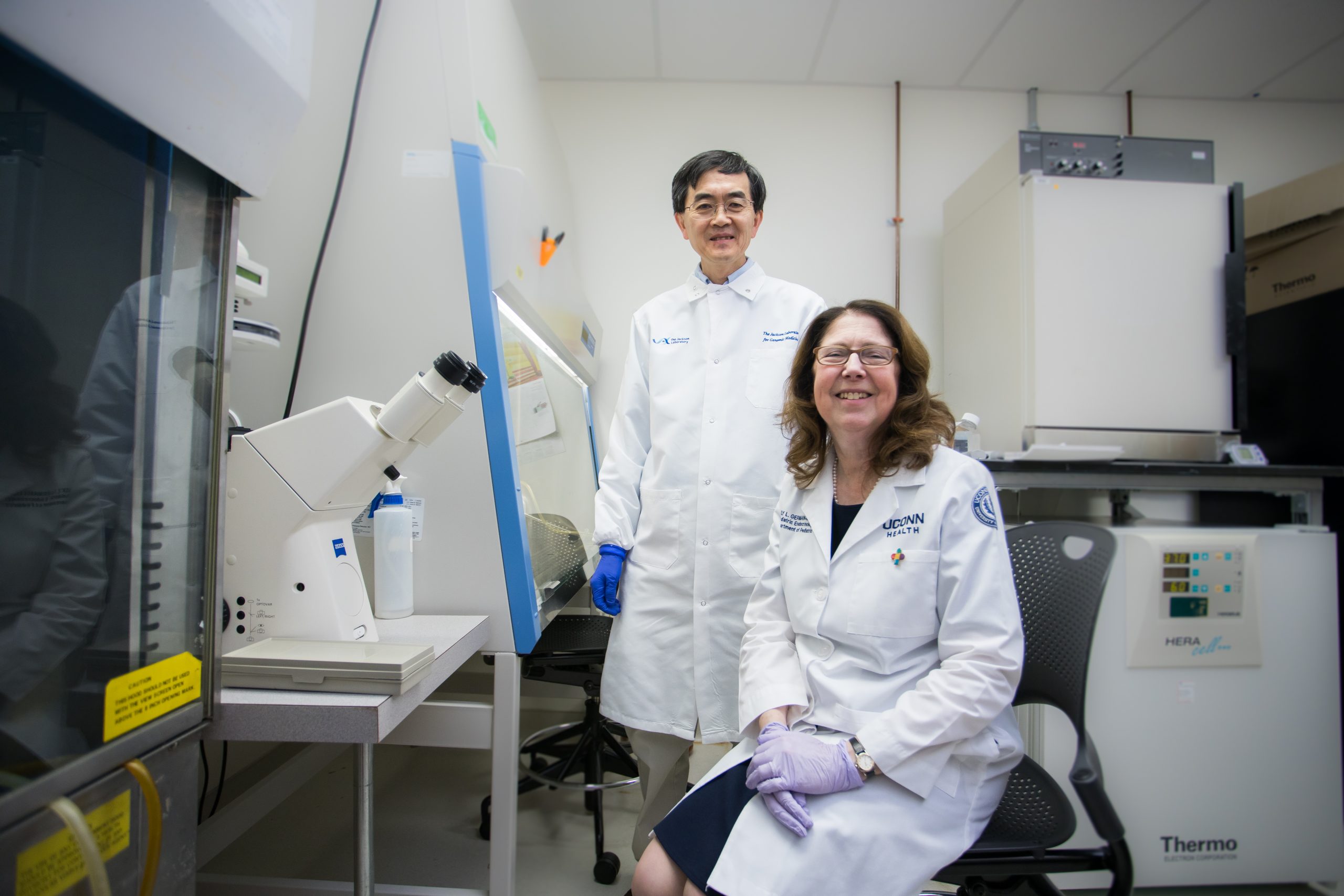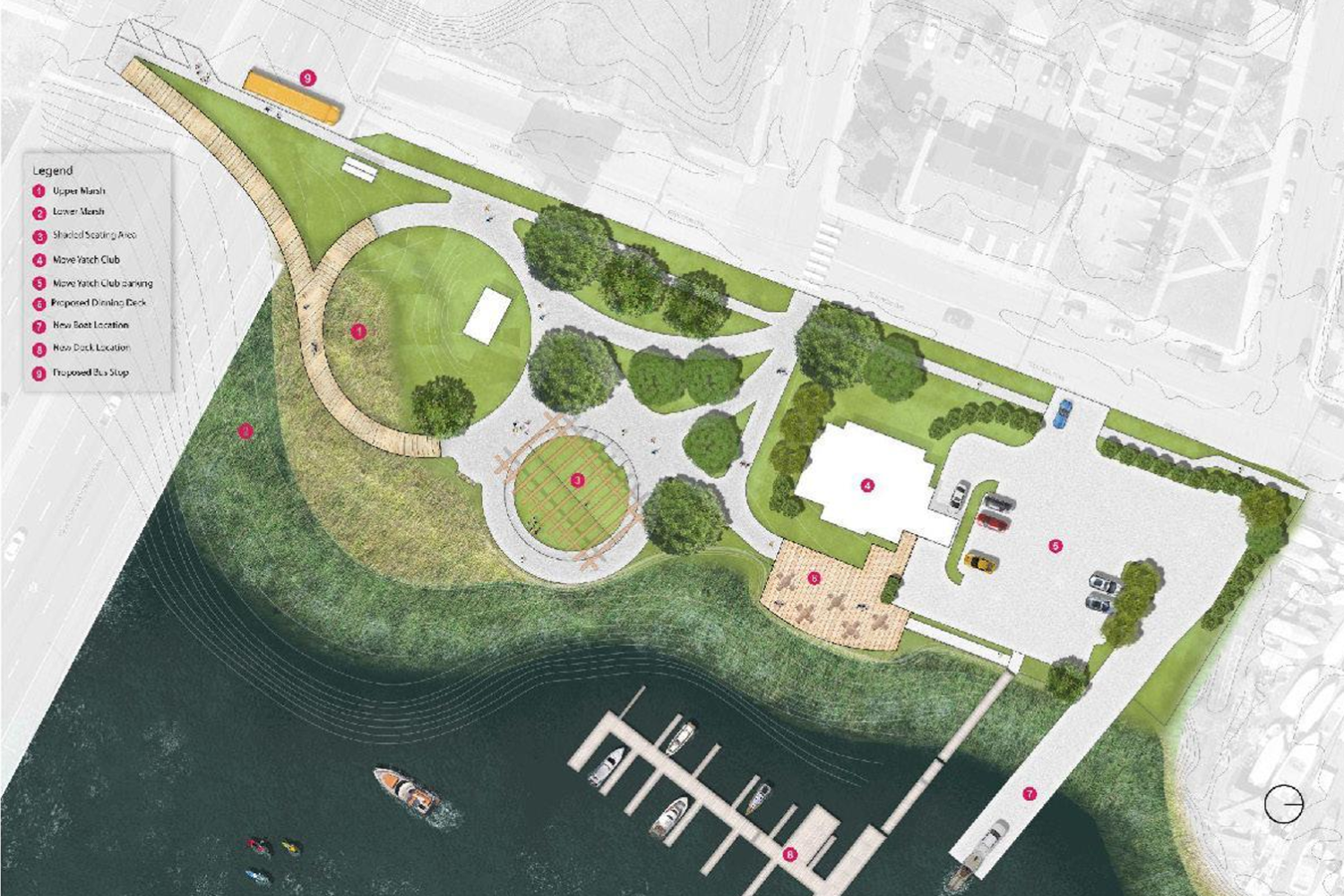The UConn School of Nursing will launch a groundbreaking program this fall, aiming to increase diversity among primary care providers in medically underserved communities in Connecticut.
The “PATH to PCNP” Clinical-Academic Partnership is funded by a nearly $3 million grant from the U.S. Health Resources and Services Administration. It will provide scholarships to 24 undergraduate students with disadvantaged backgrounds each year for five years. Six students from each academic year – freshman, sophomore, junior, and senior – will receive scholarships starting in the 2020-21 academic year.
“The mission of the School of Nursing is to educate nursing scholars, clinicians, and leaders, with the goal of advancing the health of individuals, communities, and systems,” says Dean Deborah Chyun. “The funding provided through this innovative program for underrepresented students will enhance their ability to focus on their education and graduate with minimal debt, in the hopes that they will go on to serve the areas of our state that are most in need.”
The group of faculty members leading this initiative at the School of Nursing includes: Ivy Alexander, Natalie Shook, Marianne Snyder, and Thomas Van Hoof.
“We are excited to launch this program — the School of Nursing is poised to provide innovative educational and personal supports to enhance student success,” the faculty team says.
Despite efforts to recruit registered nurses with disadvantaged backgrounds to the School of Nursing’s primary care nurse practitioner (PCNP) master’s program, numbers of such students remain low, according to Alexander. In order to increase diversity among PCNPs, the School must first increase completion of the bachelor’s program among underrepresented students, and without overwhelming debt.
The objective of “PATH to PCNP” — Provide Academic Transformational Help for disadvantaged nursing students to become Primary Care Nurse Practitioners — is to help students graduate on time through a “fast track” undergraduate program.
The partnership will: increase educational support for students with disadvantaged backgrounds; foster a sense of belonging and ability for positive self-care to reduce stress, anxiety and depression; and infuse primary care curriculum and experiences in medically underserved communities.
“Students participating in the ‘PATH to PCNP’ Program will have primary care experiences during their undergraduate nursing education and graduate ready to begin graduate school to become primary care nurse practitioners,” the faculty team says.
“PATH to PCNP” is a partnership between the UConn School of Nursing and Community Health Center Inc. Seniors in the program will complete a capstone clinical rotation at CHCI, gaining experience providing primary nursing care to patients with complex health issues. CHCI’s Chief Nursing Officer Mary Blankson will lead the initiative at CHCI, which is one of the largest federally qualified health centers in the country.
Undergraduate Nursing students who are eligible for the program will be contacted directly by the faculty coordinators.
This program is supported by a grant from the U.S. Health Resources and Services Administration’s Scholarships for Disadvantaged Students Program. Please visit hrsa.gov for more information, and visit masters.nursing.uconn.edu to learn more about the School of Nursing’s Adult Gerontology Primary Care Nurse Practitioner master’s program.



